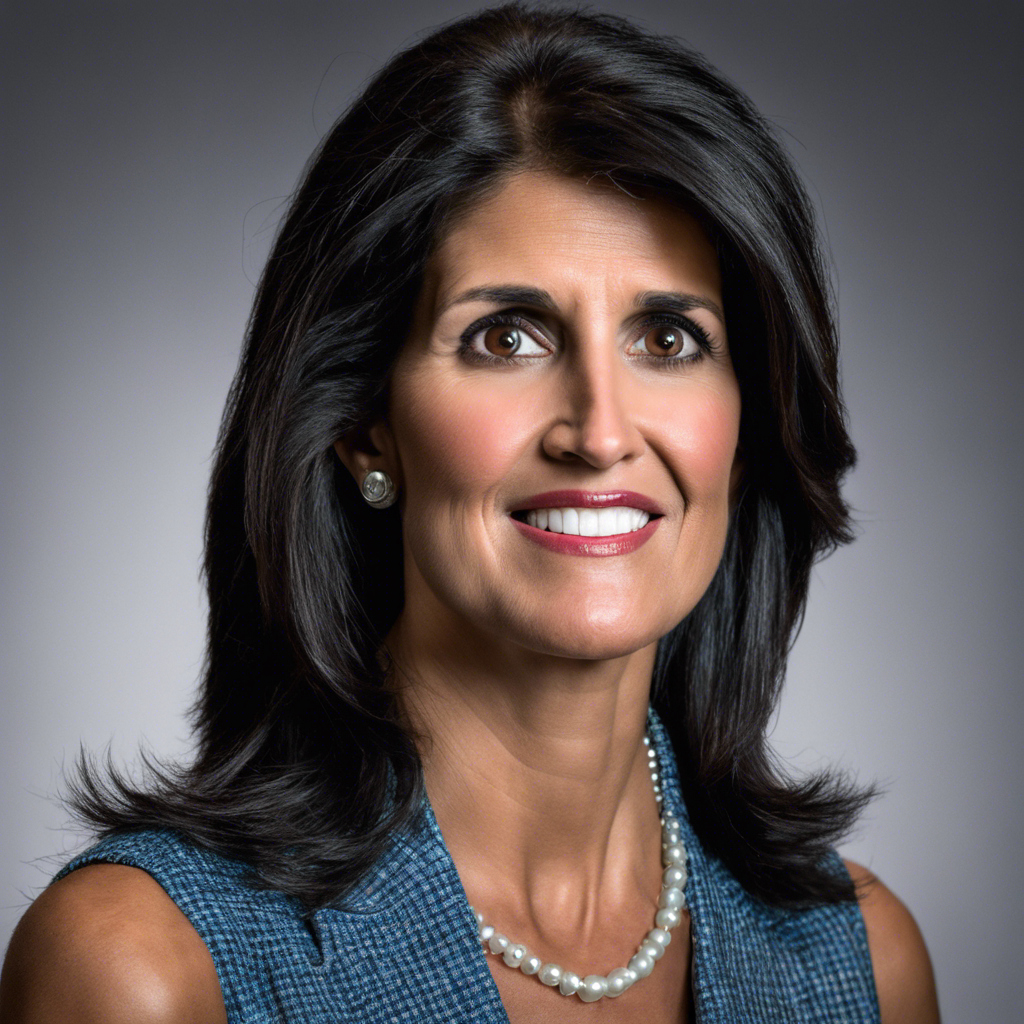Nikki Haley Claims US Has “Never Been a Racist Country”

Republican presidential candidate Nikki Haley responds to allegations of racism within the GOP and asserts that the US has made progress in combating racism.
In a recent interview with Fox News, Republican presidential candidate Nikki Haley defended the GOP against allegations of racism and stated that the United States has “never been a racist country.” Haley’s remarks came in response to comments made by MSNBC host Joy Reid, who questioned whether Haley, as a woman of color, could win the GOP nomination. Haley, the daughter of immigrants, highlighted her own achievements as evidence that America is a land of opportunity. Her statements have sparked debate and drawn attention to the ongoing conversation about racism in America.
Haley’s Personal Journey and the American Dream
Haley, who previously served as the governor of South Carolina and as the US ambassador to the United Nations, emphasized her personal journey from a small rural town in South Carolina to her current position as a presidential candidate. She described herself as a “brown girl” who has defied expectations and achieved success, embodying the American dream. Haley’s story resonates with many Americans who believe in the promise of upward mobility and the idea that hard work and determination can lead to success, regardless of one’s background.
Haley’s Assertion of Progress
When asked if the GOP is a racist party, Haley broadened the scope of her response, asserting that the United States as a whole has “never been a racist country.” While acknowledging the existence of racism in the past and present, she highlighted the progress that has been made in combating racism. Haley argued that the goal should be to continually strive for improvement and to lift everyone up, rather than dividing people based on race, gender, or political affiliation. Her statement reflects a belief in the potential for positive change and the importance of unity in addressing societal issues.
Reactions and Criticism
Haley’s assertion that the US has “never been a racist country” has drawn both support and criticism. Supporters argue that her personal story and achievements demonstrate the opportunities available in America and the progress that has been made in combating racism. Critics, however, point to systemic inequalities and ongoing racial disparities as evidence that racism persists in the country. Some argue that Haley’s statement overlooks the experiences of marginalized communities and fails to acknowledge the need for continued efforts to address racism and promote equality.
Haley’s Clarification on Slavery and the Civil War
Haley’s previous comments regarding the cause of the Civil War have also come under scrutiny. During a town hall last month, she initially failed to mention slavery when asked about the cause of the war. Following backlash, she clarified that slavery was indeed the cause and expressed her belief that it should be understood as a given. This incident has fueled further debate about the historical context of racism in America and the importance of acknowledging and learning from past injustices.
Haley’s Motivation and the American Ideal
Haley’s motivation for running for the presidency is rooted in her desire to prove that gender and race should not act as deterrents to success. She wants her children, and future generations, to grow up believing in the limitless possibilities available to them in America. Haley’s message aligns with the American ideal of equal opportunity and the belief that hard work and merit should be the determining factors in achieving success.
Conclusion:
Nikki Haley’s assertion that the United States has “never been a racist country” has sparked a heated debate about racism, progress, and the American dream. While some applaud her personal achievements and highlight the progress made in combating racism, others argue that systemic inequalities persist and require ongoing efforts to address. Haley’s statements serve as a reminder of the complex and multifaceted nature of racism in America, and the importance of striving for a more inclusive and equitable society.

